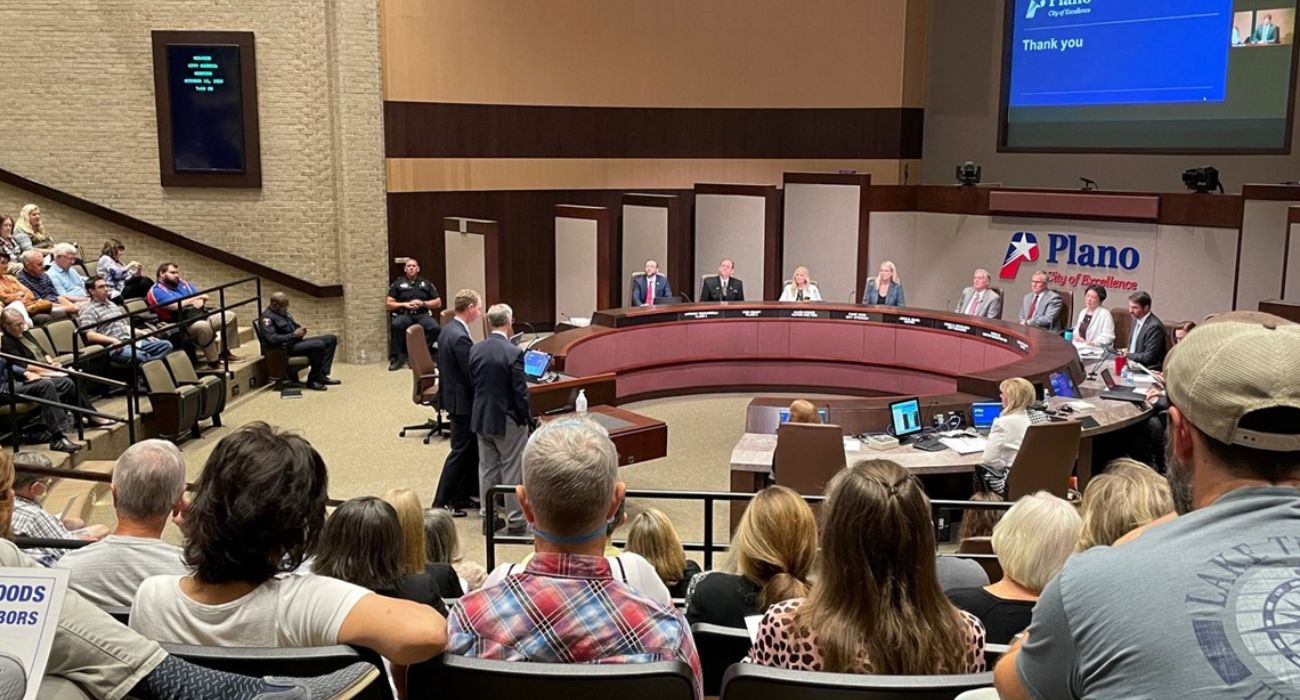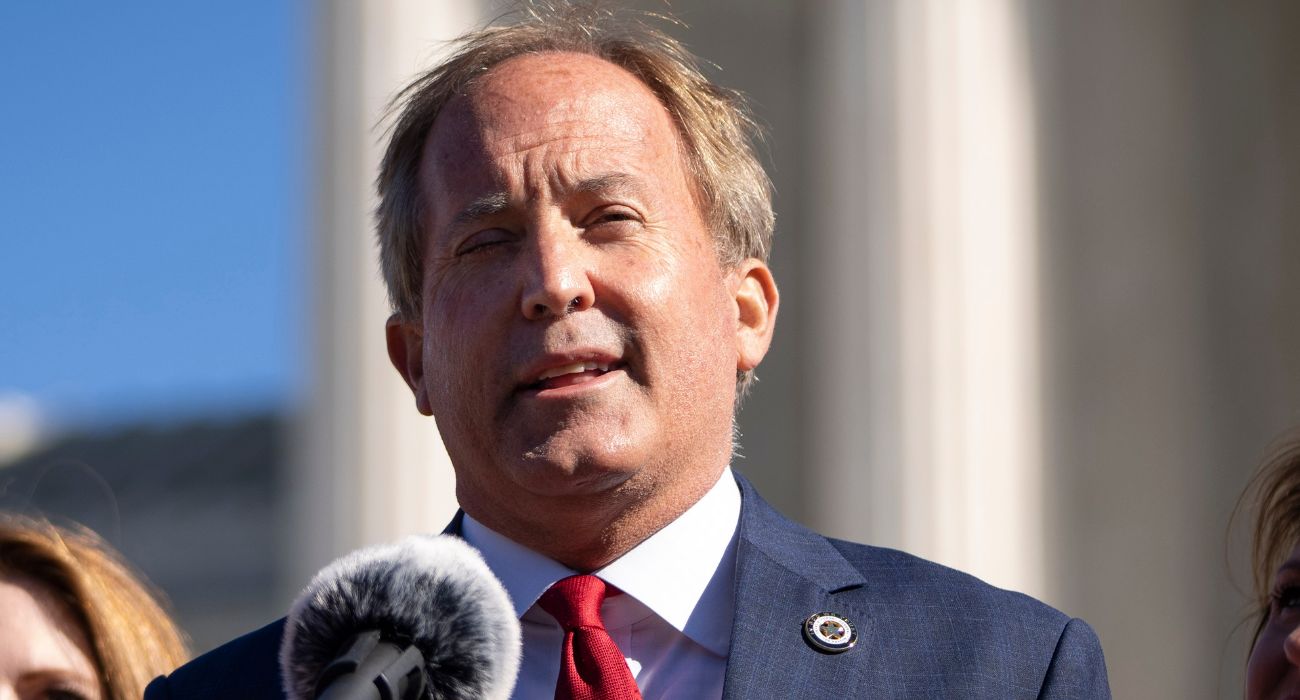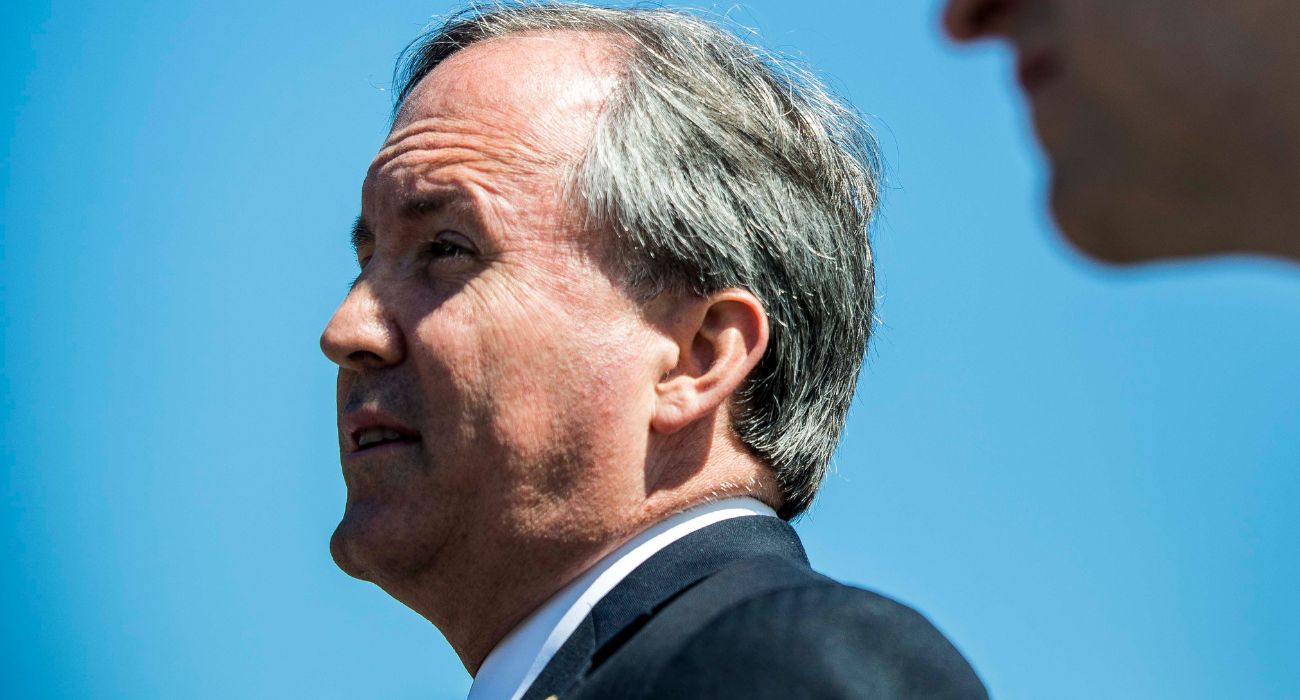Like so many other cities, Plano is facing growing tension between supporters and detractors of short-term rentals. The North Texas city is moving closer to implementing rules to reign in the expanding industry.
Short-term rentals are those less than 30 days in length, typically booked through online platforms like VRBO, Home Away, or Airbnb. However, according to a recent city council briefing, implementing a ban in some parts of town runs the risk of posing a legal challenge.
Some residents of Plano who oppose the proliferation of short-term rentals have been pushing for tighter restrictions. Unsurprisingly, people hold strong views on the subject. Living beside a house that hosts frequent parties can generate strong emotions.
Of course, so can the threat of losing a potentially valuable rental asset. According to Airbnb, one of many available short-term rental platforms, a typical host made $10,700 in Plano last year.
Plano is part of a long and growing list of cities across the nation trying to balance landlords’ wishes with those of the residents that live in the neighborhoods. As reported by The Dallas Express, a similar debate is raging in Dallas.
Like Dallas, Plano is witnessing these types of rentals surge. This past September, Plano officially counted 722 short-term rentals, a nearly 50% jump from September 2019, just two years prior.
Bookings are also up, having nearly doubled in the same period, according to AirDNA.
A significant challenge that cities face when managing these rentals is the need for more transparency. Simply put, details on these types of properties are often incomplete, as information is fluid and changes throughout the year.
For example, some hosts may list a property year-round, while others may only offer it during certain seasons or specific days of the week.
According to Councilmember Julie Holmer, Plano needs to fix the lack of visibility in the market.
“[Short-term rentals] are something we need to address, and we’re trying to really thoughtfully do that in the best way possible and limit litigation and unnecessary waste of taxpayer dollars,” Holmer told members at a meeting last month.
Attorney Richard Abernathy advised the board that part of what complicates things is that the law for short-term rentals is in flux. Courts have struck down rules that limit the number of people allowed to stay at a short-term rental, according to Abernathy. He also cautioned that citywide bans on short-term rentals have generally been held to be unenforceable.
While many short-term rentals operate with little to no issues, some are particularly troublesome. Of the more than 100 calls police received in 2022 related to short-term rentals, over half involved the same 10 properties.
Plano is considering a registration system to manage rental issues and help educate owners about relevant codes, like trash pickup and parking restrictions.
“Our hope is that we can start figuring out a way to make the situation better for our residents and then also figure out a way to ensure that if people are operating short-term rentals that they are meeting our current public health and safety guidelines,” said Lori Schwarz, Plano’s director of neighborhood services.
With respect to tax collection, however, Plano leads the way.
Three years ago, the city became the first in the state to set up an agreement with Airbnb to collect taxes. The online short-term rental platform gathers the hotel occupancy tax on Plano’s behalf and then delivers the collection monthly to the city.
Between Airbnb and the other dozen platforms that collect for the city, Plano averages nearly $55,000 a month in taxpayer money.
Despite the added income for enterprising owners and city coffers, some residents of Plano don’t see a solution short of banning the rentals from single-family residential areas.
“Controlling the bad behavior of short-term rentals will never fix the fundamental problem: the revolving door of strangers. Strangers displace long-term residents, the folks we know and count on as our friends. Strangers destroy our sense of safety, security and belonging — the very reason we moved to Plano in the first place,” Plano resident Bill France, who has lived in the city for about 25 years, told the city council at a recent meeting.






